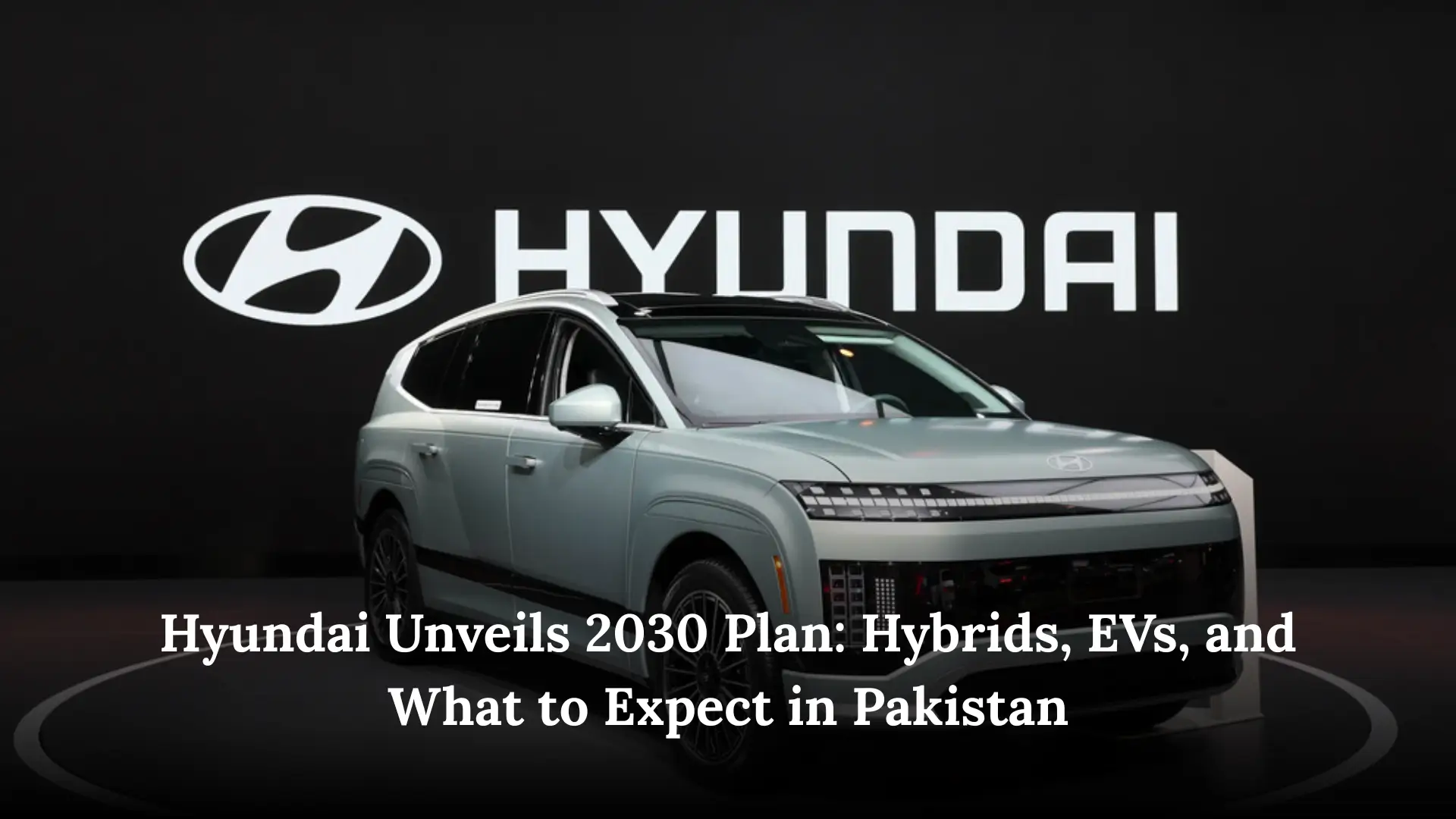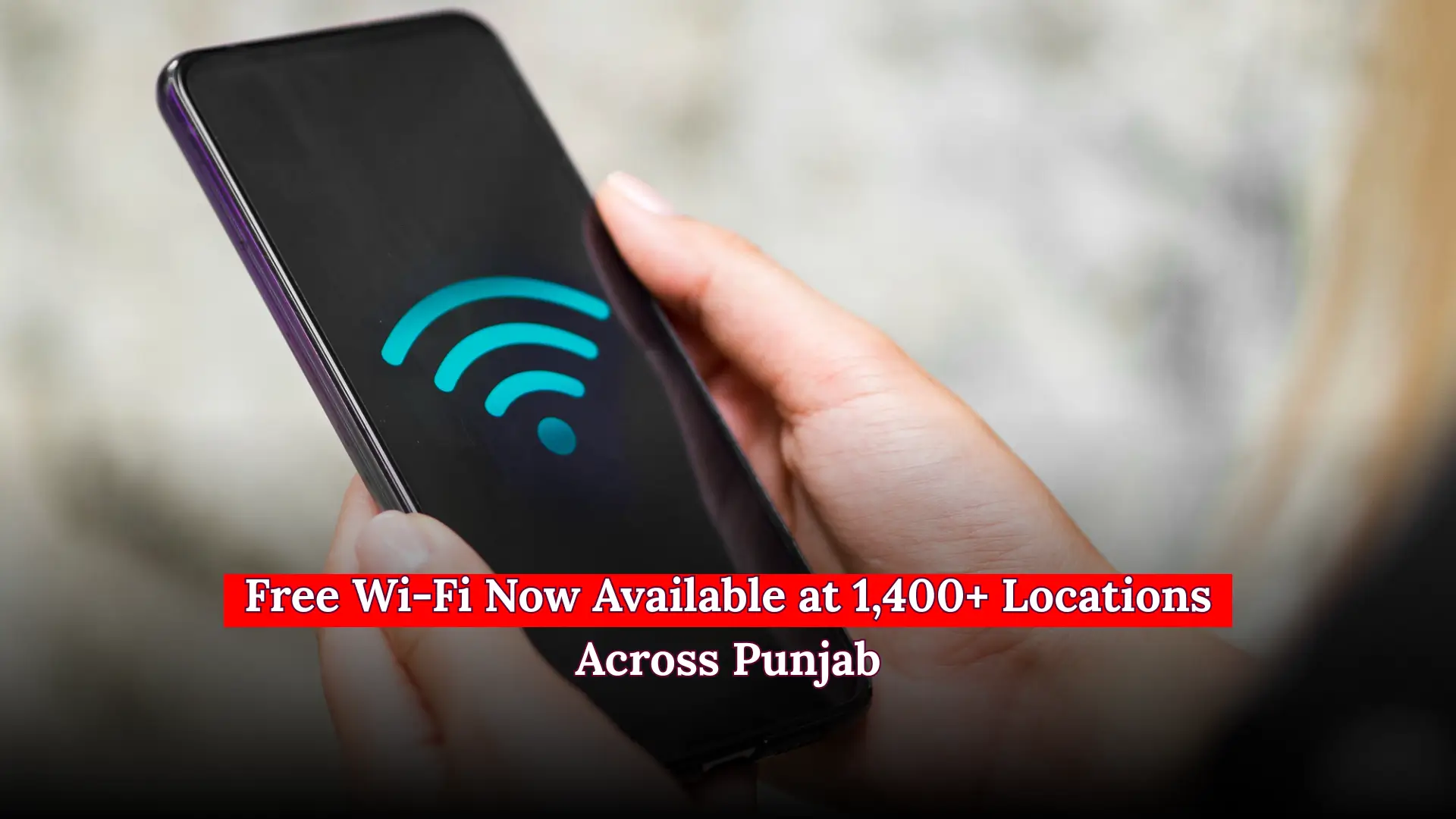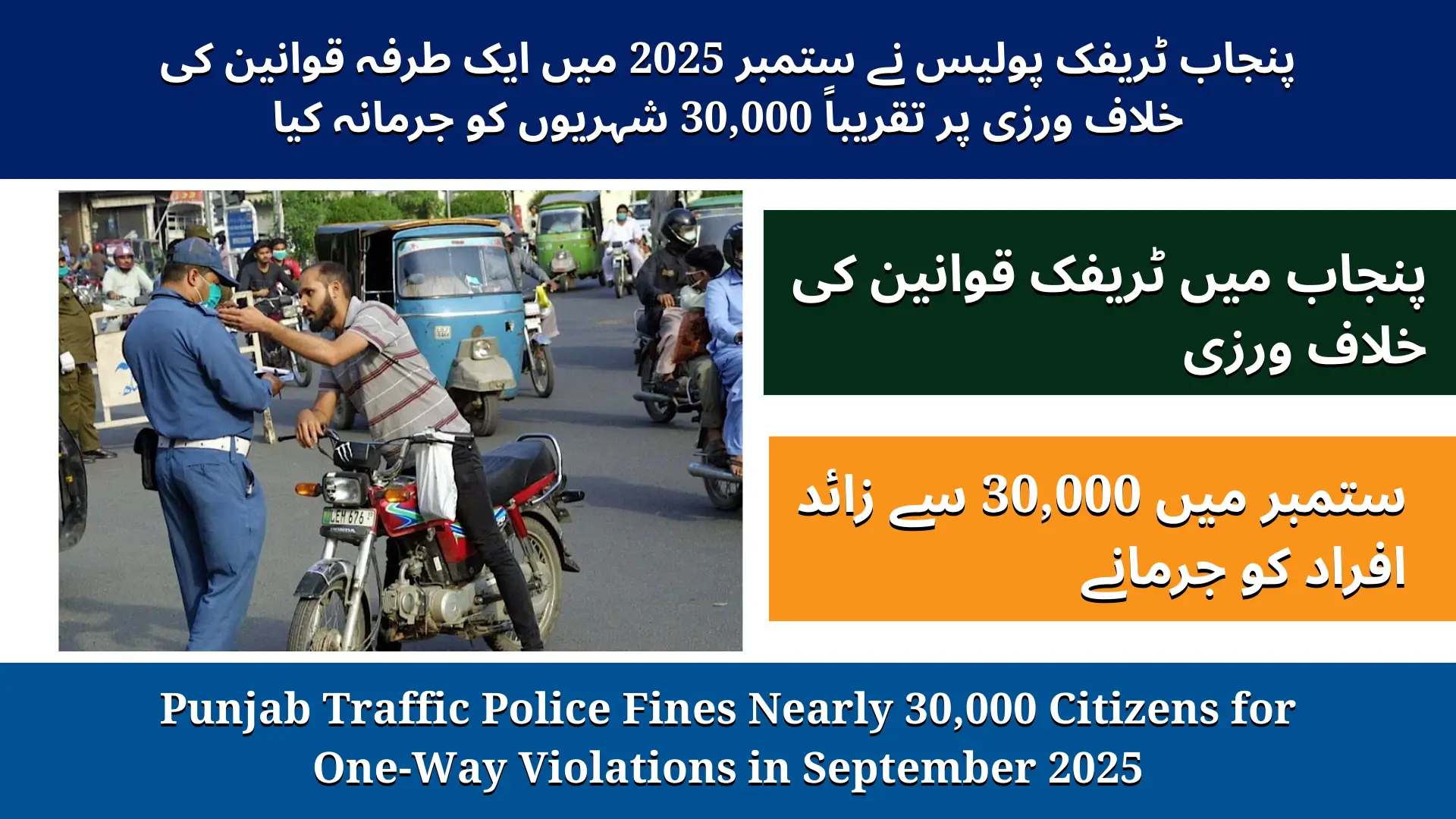Hyundai Unveils 2030 Plan: Hybrids, EVs, and What to Expect in Pakistan. Hyundai Motor Company has revealed its ambitious 2030 global plan focused on hybrids, electric vehicles (EVs), and smarter technology. This announcement has created excitement worldwide, including in Pakistan, where Hyundai operates through Nishat Motors. The plan aims to reshape Hyundai’s product line, battery technology, and software-driven innovations. Here’s what it means for Pakistani car buyers and the local automotive industry.
Hyundai’s Global 2030 Roadmap
Hyundai recently held its CEO Investor Day in New York, marking its first CEO investor event outside South Korea. The meeting outlined Hyundai’s product strategy, electrification roadmap, and manufacturing goals through 2030.
The company presented:
- Sales targets for hybrid and electric vehicles
- New models and manufacturing locations
- Battery and software technology upgrades
For Pakistan, these plans are important because decisions on batteries, EV models, and production hubs will directly affect local prices, availability, and specifications.
Hyundai’s roadmap focuses on three key areas:
- Extended Range Electric Vehicles (EREVs)
- Next-generation battery technology
- Software-Defined Vehicles (SDVs)
REEVs on the Way
One of the most exciting announcements from Hyundai is the plan to launch Extended Range EVs (EREVs) from 2027. These vehicles are expected to travel over 600 miles (around 960 km) on a single charge.
Why EREVs Matter for Pakistan
“Range anxiety” is a common concern in countries like Pakistan, where EV charging infrastructure is still limited. Hyundai’s EREVs aim to reduce these worries by offering:
- Longer driving range per charge
- Enhanced convenience for long-distance travel
- Better adoption potential for electric mobility
If Hyundai introduces EREVs in Pakistan, they could encourage more drivers to shift from petrol cars to electric vehicles, contributing to cleaner air and reduced fuel expenses.
Possible Local Impact
For Nishat Motors, importing EREVs could:
- Expand Hyundai’s electric vehicle lineup in Pakistan
- Boost consumer confidence in EVs with longer range
- Provide an opportunity to introduce new financing options for high-end EVs
Hyundai’s Plan for Smarter Batteries
Hyundai also shared its next-generation battery technology roadmap, set to debut by 2026. These batteries promise significant improvements in cost, safety, and durability.
Key Battery Upgrades
- 30% cheaper production costs by 2027
- 15% more energy capacity, allowing longer travel per charge
- 15% faster charging times, making EVs more practical
Hyundai’s research highlights that even IONIQ 5 vehicles driven over 400,000 km retain more than 90% battery performance. This addresses one of the main concerns of Pakistani buyers: battery degradation over time.
Benefits for Pakistani Buyers
- Longer-lasting batteries can increase resale value
- Lower long-term maintenance costs
- Better confidence in EV adoption as local infrastructure slowly develops
If Hyundai successfully introduces these batteries in Pakistan, it could accelerate EV adoption, especially in urban centers like Karachi, Lahore, and Islamabad, where charging stations are gradually expanding.
Focus on Software-Defined Vehicles (SDVs)
Hyundai is moving toward Software-Defined Vehicles (SDVs), a key shift in the automotive industry. In simple terms, SDVs separate software from hardware, allowing continuous updates over the air.
What SDVs Mean for Drivers
- OTA updates (Over-the-Air) without visiting dealerships
- Smarter infotainment systems with app integration
- Personalized driving experiences based on software features
- Future-ready vehicles, which can adapt to new technologies
Potential Impact in Pakistan
For Nishat Motors, SDVs could:
- Allow local Hyundai cars to receive software updates without hardware upgrades
- Make vehicle maintenance simpler and more efficient
- Introduce advanced driving features gradually, aligned with local road conditions
Though these technologies might first launch internationally, Pakistani drivers could experience a transformation in how they interact with their vehicles once SDVs arrive locally.
Hybrids: The Likely First Step
While full EV adoption in Pakistan will take time due to limited charging infrastructure, hybrids are expected to arrive sooner. Hybrids combine:
- Internal combustion engines (petrol/diesel)
- Electric motors for improved fuel efficiency
Why Hybrids Suit Pakistan
- Lower dependence on charging stations
- Reduced fuel consumption
- Better transition for drivers hesitant about full EVs
Hyundai’s hybrids could become a popular choice in Pakistan, bridging the gap between traditional vehicles and future EV models.
EV Adoption in Pakistan: Challenges and Opportunities
While Hyundai’s plan is promising, Pakistan faces several challenges in EV adoption:
Challenges
- Limited charging stations, especially outside major cities
- High import costs, affecting EV prices
- Lack of EV-specific incentives from the government
Opportunities
- Growing urban population seeking fuel-efficient cars
- Rising fuel prices, pushing buyers toward hybrid and electric options
- Nishat Motors’ local presence, which can help introduce models gradually
Hyundai’s roadmap aligns with global trends, but policy support and infrastructure development will determine the pace of EV adoption in Pakistan.
What to Expect in Pakistan by 2030
Based on Hyundai’s 2030 plan, Pakistani car buyers can anticipate:
- Hybrids arriving first, providing fuel efficiency and reduced emissions
- Long-range EVs (EREVs), likely entering after local charging networks improve
- Smarter, software-driven vehicles, enhancing user experience
- Advanced battery technology, ensuring durability and cost-effectiveness
How Local Production Could Affect Prices
If Hyundai considers nearby production hubs or CKD assembly, Pakistan could benefit from:
- Lower import duties
- More affordable pricing
- Better availability of spare parts and services
This would make Hyundai’s EV and hybrid lineup more accessible to middle-class consumers.
Benefits of Hyundai’s 2030 Strategy in Pakistan
- Improved fuel efficiency with hybrids and EVs
- Reduced carbon footprint, supporting environmental goals
- Advanced technology adoption, including software updates and smart infotainment
- Long-term savings on fuel and battery maintenance
- Enhanced resale value due to durable batteries
Hyundai Nishat Motors’ Role
Nishat Motors will play a critical role in:
- Importing EVs and hybrids efficiently
- Providing after-sales support for new technologies
- Educating consumers about EV benefits and usage
What Hyundai Plans Globally
| Year | Key Developments |
|---|---|
| 2025 | Incremental hybrid releases; software and connectivity upgrades |
| 2026 | Next-generation battery technology becomes available |
| 2027 | Launch of Extended Range EVs (EREVs) with 600+ mile range |
| 2030 | Full adoption of SDVs, widespread hybrid and EV lineup globally |
This timeline indicates that hybrids will likely lead the way in Pakistan, followed by long-range EVs once infrastructure improves.
FAQs About Hyundai bring EVs to Pakistan
Q1: When will Hyundai bring EVs to Pakistan?
Hyundai may start with hybrids soon, while full EVs with extended range might arrive after charging infrastructure improves.
Q2: What is an EREV?
EREV stands for Extended Range Electric Vehicle, which can travel over 600 miles on a single charge, reducing range anxiety.
Q3: Will Hyundai’s new batteries last longer?
Yes, next-generation batteries aim to be 30% cheaper, 15% more energy-efficient, and last longer, making EVs more reliable in the long term.
Q4: What are Software-Defined Vehicles (SDVs)?
SDVs allow software updates over the air, improving infotainment, driving features, and vehicle performance without hardware changes.
Q5: Are hybrids suitable for Pakistan?
Yes, hybrids are ideal because they reduce fuel consumption without relying entirely on charging stations, making them practical for local roads.













